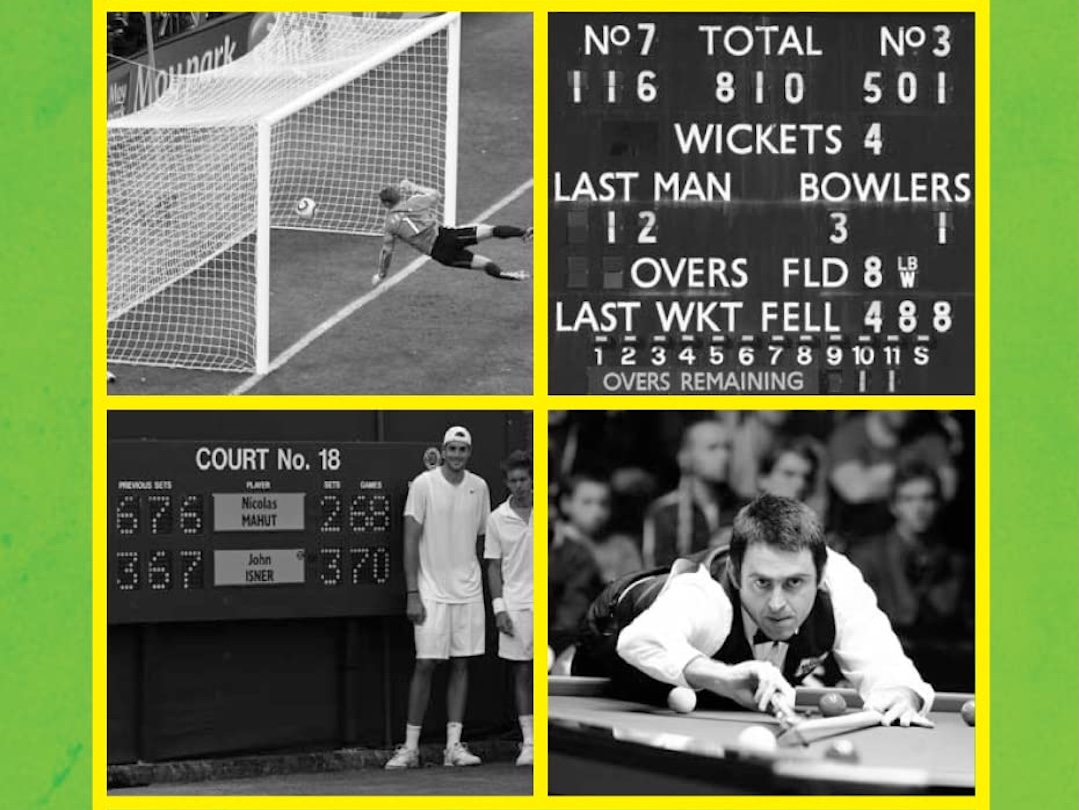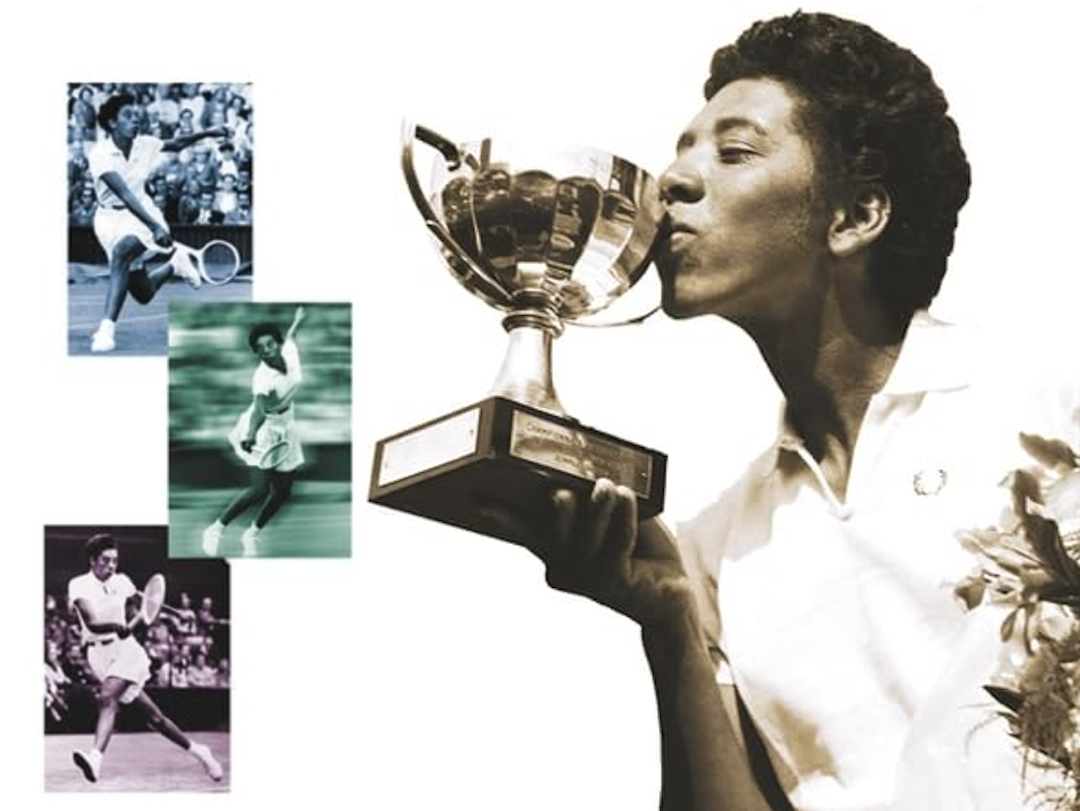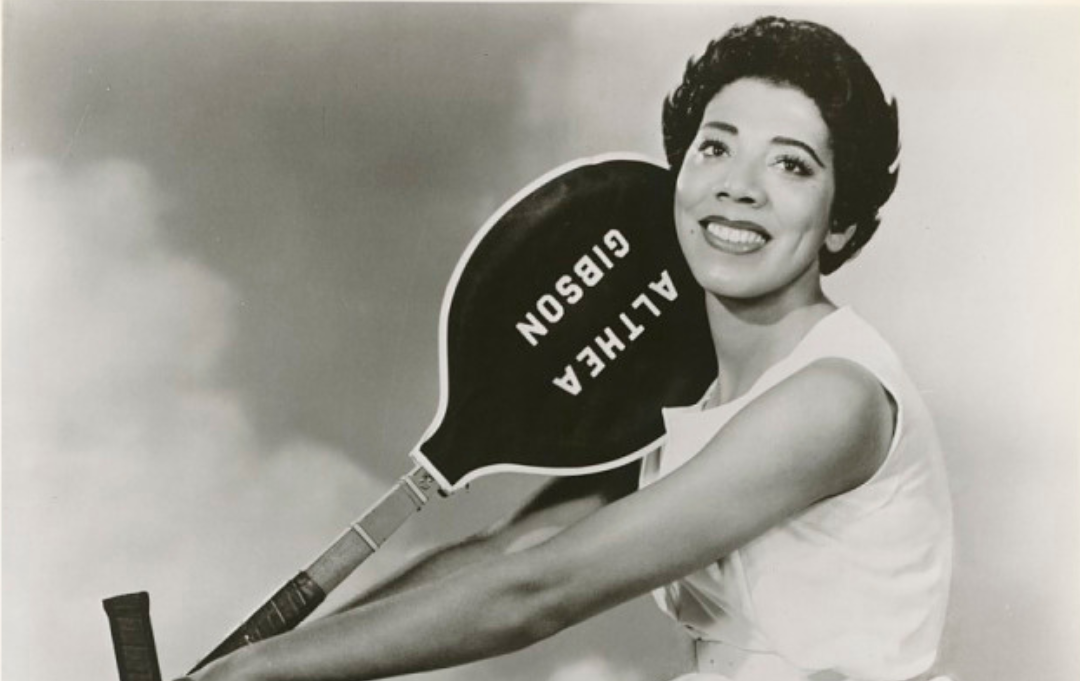Throughout 2025, we are spending the first full weekend of each month with posts inspired by Gretchen Rubin in her iconic book, The Happiness Project. Rubin’s yearlong exploration involved dedicating each month to a specific theme or aspect of happiness. Specifically, she incorporated practical strategies and actionable insights in an effort to cultivate a more fulfilling and joyful life. Many of the techniques described in the book can also be applied to tennis. Happiness helps players enhance their mental game by finding more joy on the court.
The very first topic in Rubin’s book centers around going to bed earlier. There is an indelible connection between the quantity and quality of sleep and overall happiness. In tennis and life, prioritizing sleep is not just about physical recovery. It fosters an ideal state for mental clarity, emotional resilience, and overall health.
A summary paper published by the American Psychological Association outlined the significant consequences of inadequate sleep. Negative effects include memory impairment, reduced concentration, increased stress levels, and disrupted metabolism. These issues impact all aspects of life, including athletic performance and emotional well-being. For tennis players, the ability to think strategically and maintain focus hinges on consistent sleep. For everyone, the ripple effects of poor sleep extend into mood regulation, relationship management, and long-term health.
Achieving quality sleep is inextricably tied to happiness. It fosters emotional stability, making it easier to face challenges with a positive mindset. A well-rested brain is better equipped to savor joyful moments and process setbacks constructively. Sleep doesn’t just recharge the body. It also fuels our ability to experience joy.
In 2022, my post “Service and Sleep Consistency” explored research on the critical role sleep plays in athletic performance in a tennis-specific setting. While previous research has demonstrated a correlation between sleep duration and athletic performance in many other sports, this study revealed that sleep consistency is also an important factor. Ever since I published my post on that research, I have been haunted by the idea that people who get a consistent amount of sleep are also more likely to achieve sufficient quantity. Additionally, while our bodies may adjust to whatever sleep patterns we provide, inadequate sleep is never optimal.
Rubin’s principle of boosting energy in The Happiness Project resonates perfectly with tennis. Sleep is the ultimate energy booster, ensuring that players are not only physically prepared but also mentally sharp and emotionally balanced. Consequently, throughout the month of January, I am committing to better sleep hygiene. Specifically, I will be honoring a set bedtime that ensures I can receive a consistent quantity of sleep. I don’t think I can guarantee high-quality sleep every night. Still, I will also strive to eliminate distractions around bedtime that might interfere with my ability to fall asleep. Specifically, less screen time and doom scrolling.
The lessons from The Happiness Project teach us that small, deliberate actions can enhance happiness. Sleep, often overlooked, is one of the most accessible of these actions. Prioritizing sleep unlocks its potential to enhance so many other aspects of life. Moreover, sleep is a powerful counterbalance to stress. A good night’s sleep equips us to face the next day with renewed optimism and resilience.
As we embark on this yearlong journey inspired by The Happiness Project, it’s clear that what initially may appear to be a small shift can produce dramatic results. That includes prioritizing sleep, which can yield significant benefits both on and off the court. With intentional effort, we can cultivate habits that boost not just on-court performance but also joy and well-being. As we progress through the year, each month will bring new opportunities and ideas for applying these transformative techniques.
Fiend At Court participates in the Amazon associates program and receives a paid commission on any purchases made via the links in this article. Details on the disposition of proceeds are available on the “About Fiend at Court” page.
Throughout 2025, I am dedicating the first full weekend of every month to exploring how ideas from Gretchen Rubin’s The Happiness Project (<- Sponsored Link) can spark greater enjoyment and happiness in tennis. This is a non-tennis book that I have come to believe everyone should read. Seriously, you should get your hands on a copy of this book and consider trying some of the techniques described by the author.




